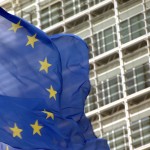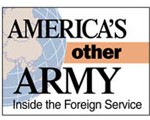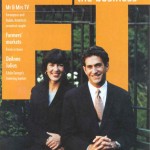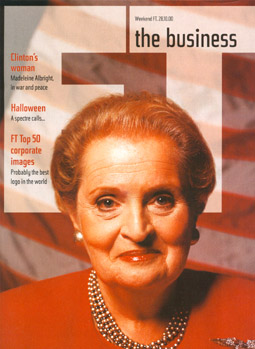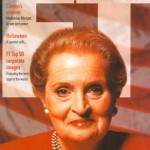Do presidents trust the Foreign Service?
 President Barack Obama followed tradition at the opening session of the U.N. General Assembly this week by engaging in perhaps the most intense diplomacy this year, juggling everything from the Syria crisis to development aid. At his side were mainly politically appointed aides, including National Security Adviser Susan Rice, her deputy Benjamin Rhodes, and U.N. Ambassador Samantha Power. But most of the people working behind the scenes to make it all happen are career diplomats, also known as Foreign Service officers — a group of about 8,000 Americans who, along with about 5,000 technical staff, serve in 275 embassies, consulates, and other missions around the world.
President Barack Obama followed tradition at the opening session of the U.N. General Assembly this week by engaging in perhaps the most intense diplomacy this year, juggling everything from the Syria crisis to development aid. At his side were mainly politically appointed aides, including National Security Adviser Susan Rice, her deputy Benjamin Rhodes, and U.N. Ambassador Samantha Power. But most of the people working behind the scenes to make it all happen are career diplomats, also known as Foreign Service officers — a group of about 8,000 Americans who, along with about 5,000 technical staff, serve in 275 embassies, consulates, and other missions around the world.
Over the years, the Obama White House has been criticized as being too controlling on foreign policy, running an overly tight ship, and keeping these professionals at the State Department — the Foreign Service’s home agency in Washington — at arm’s length when it comes to the issues the administration most cares about. Critics cite the Iran nuclear negotiations and the secret talks with Cuba as recent examples of diplomacy where more professionals could have been included at earlier stages. Does that suggest a lack of trust?…
>> READ THE FULL STORY IN FOREIGN POLICY MAGAZINE



